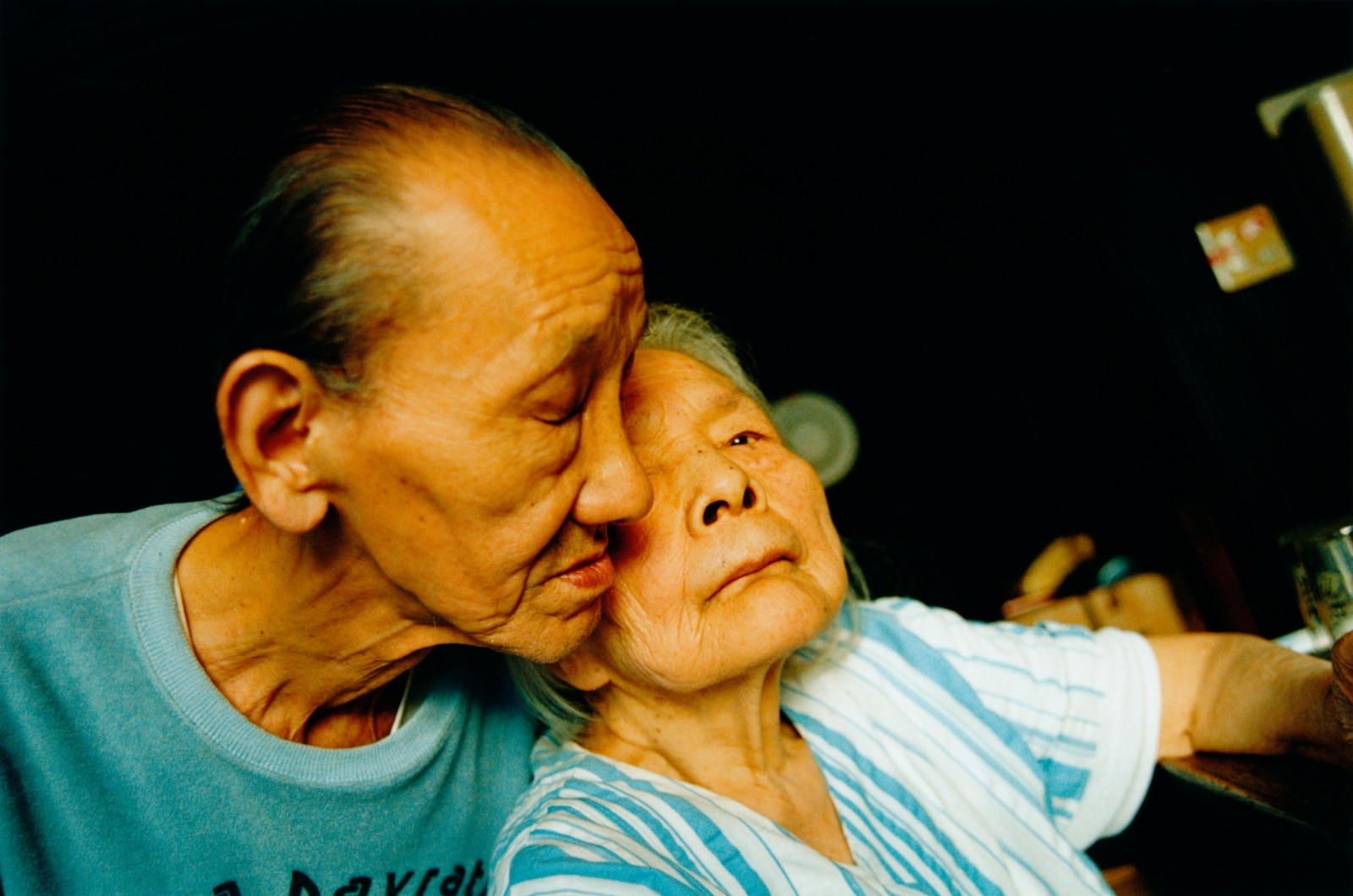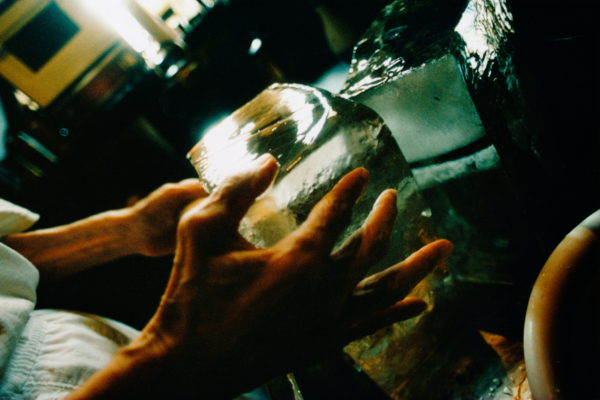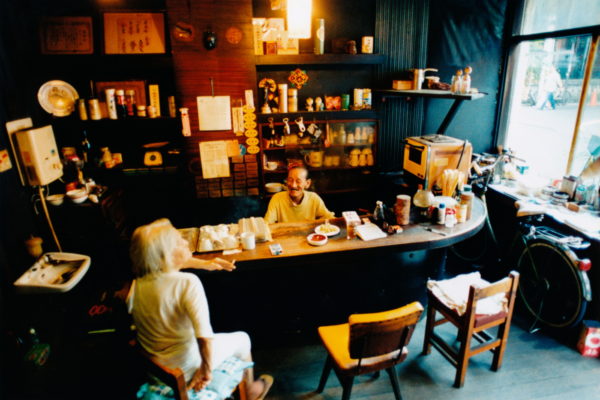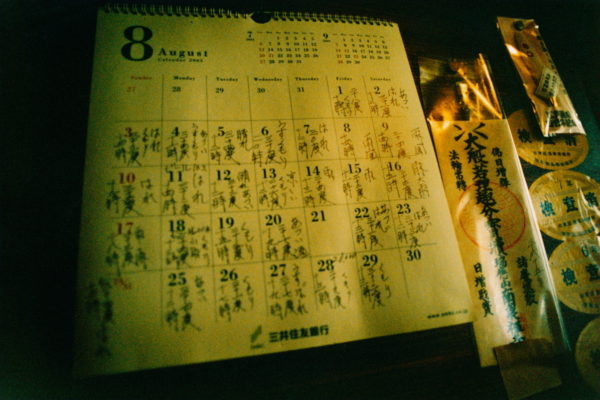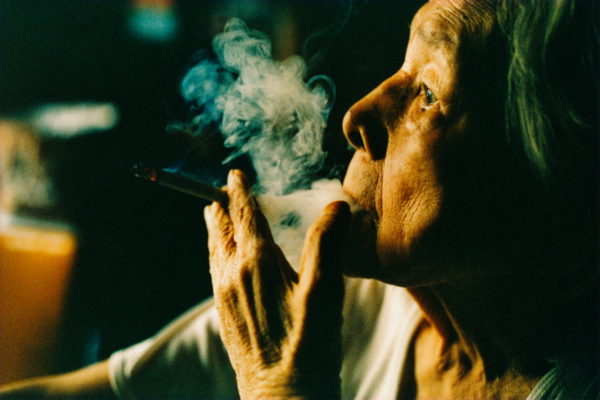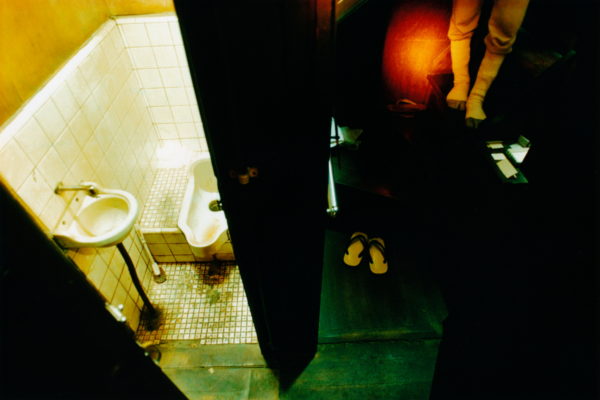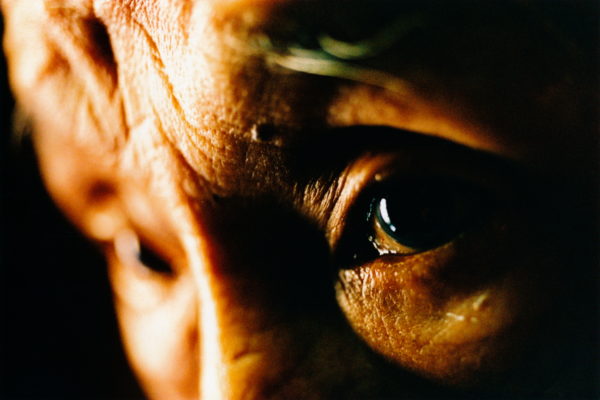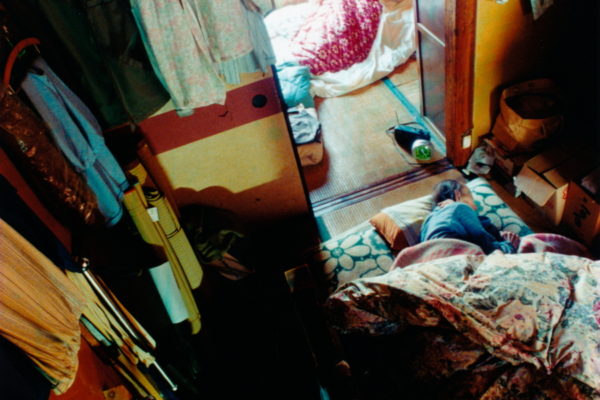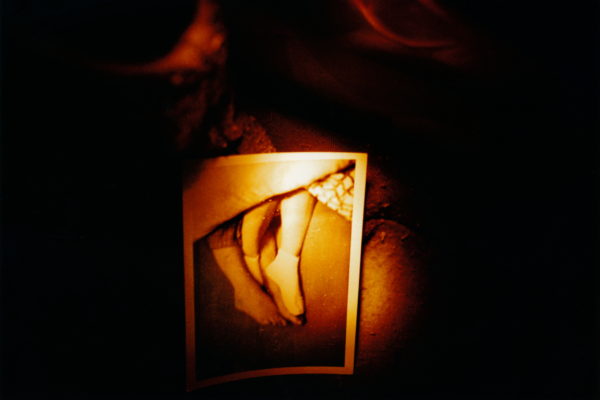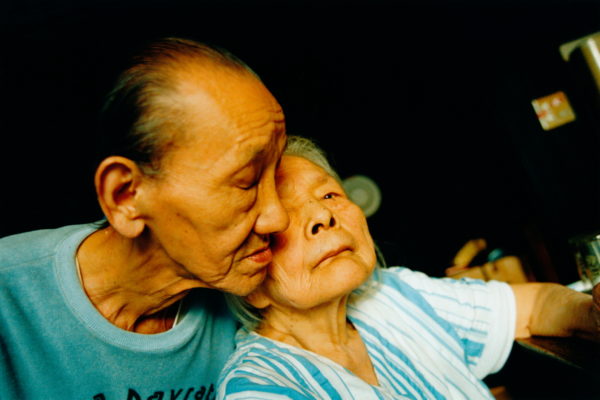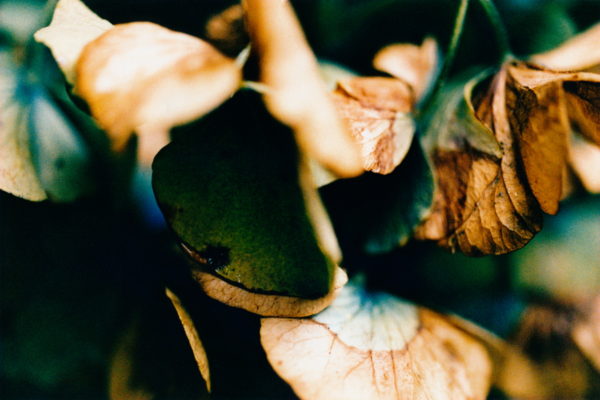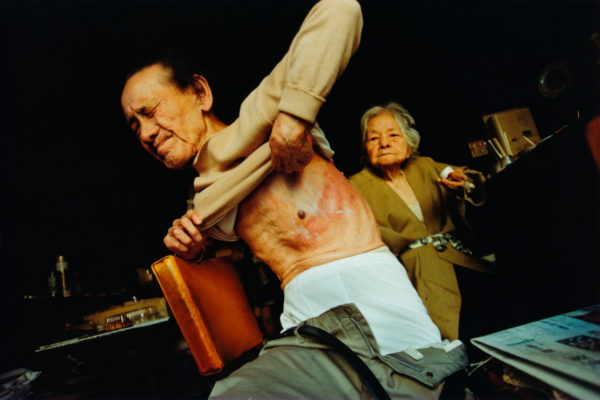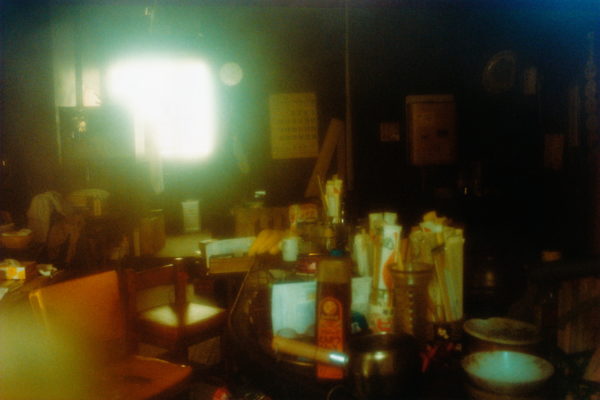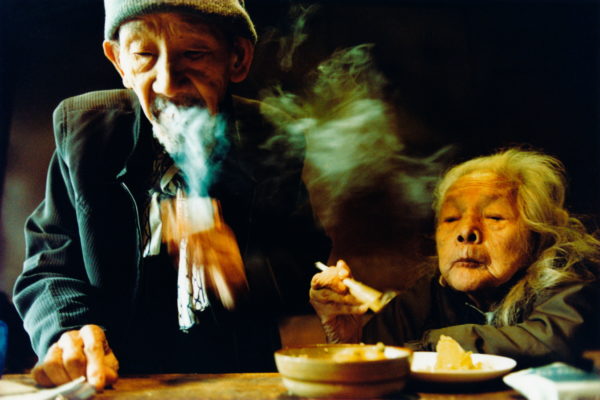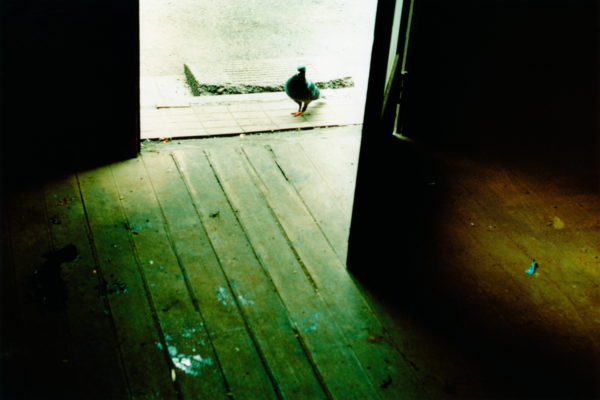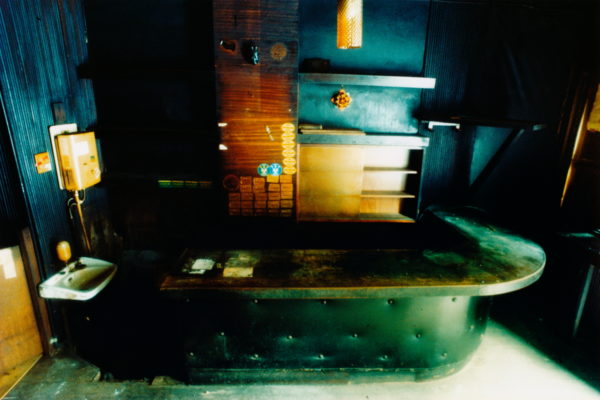Koga Eriko
Born in 1980, Japanese, lives in Kyoto
www.kogaeriko.com
“Asakusa Zenzai”
In 2003, I met Hana and Zen at the Sanjya Festival in Asakusa. I soon became familiar with them and started to visit their tenement in downtown. I believe that I absorbed their atmosphere and their very existence; an experience I can’t put in to words. I just knew it was important to record and preserve their life in photographs, in that instant I decided to devote myself to taking photographs of them. Over a six-year period I visited the couple and photographed their daily life. I tried as much as I could to appear invisible; so that they would appear as natural as possible in the photos.
Zen and Hana had no children and few relatives. They were only two, though they shared each other’s life shoulder to shoulder. Nothing about their mediocre daily life appeared special. However, it seemed that for them, their time spent together was truly irreplaceable.
Their tenement was quite old, as it was built right after the World WarⅡ. The rooms wore an aged look. They had no air conditioning nor bathroom, and for the wooden refrigerator, the ice shop had to supply ice every day.
Zen took care of all the housework, shopping, cooking and cleaning because Hana had weak legs. Neighbors often kindly shared their food with the couple. Zen liked to drink sake, and sometimes when he got drunk and relaxed he told me of his past stories in a funny and joyful tone. While listening to the radio, Hana would quietly smoke cigarettes and gaze absently out the window.
Time passed, and from around 2004 Zen’s health began to deteriorate year by year. It was becoming difficult for him to take care of Hana and the housework, and because they refused to receive medical help, more and more of their days were spent bedridden.
I visited the tenement during that time and filled their wooden refrigerator with food as much as possible. And so the days continued where I would hold both their hands in mine before leaving.
Finally, in the winter of 2008, the two were taken to different hospitals by ambulance, and they would never meet alive again.
Fifteen years have passed since I first met Hana and Zen. I was 23 and aiming to be a photographer. Now I am a photographer and also a mother. I now know of the love for family and between a husband and wife, and I realize the thankfulness of a peaceful life that I couldn’t understand at that time.
If I hadn’t met Zen and Hana and did not have an opportunity to photograph them, I’m sure I wouldn’t be the photographer I am now.
I have no greater form of expression than photography, and if, by viewing my work anyone feels a nameless something, I would be happy.

